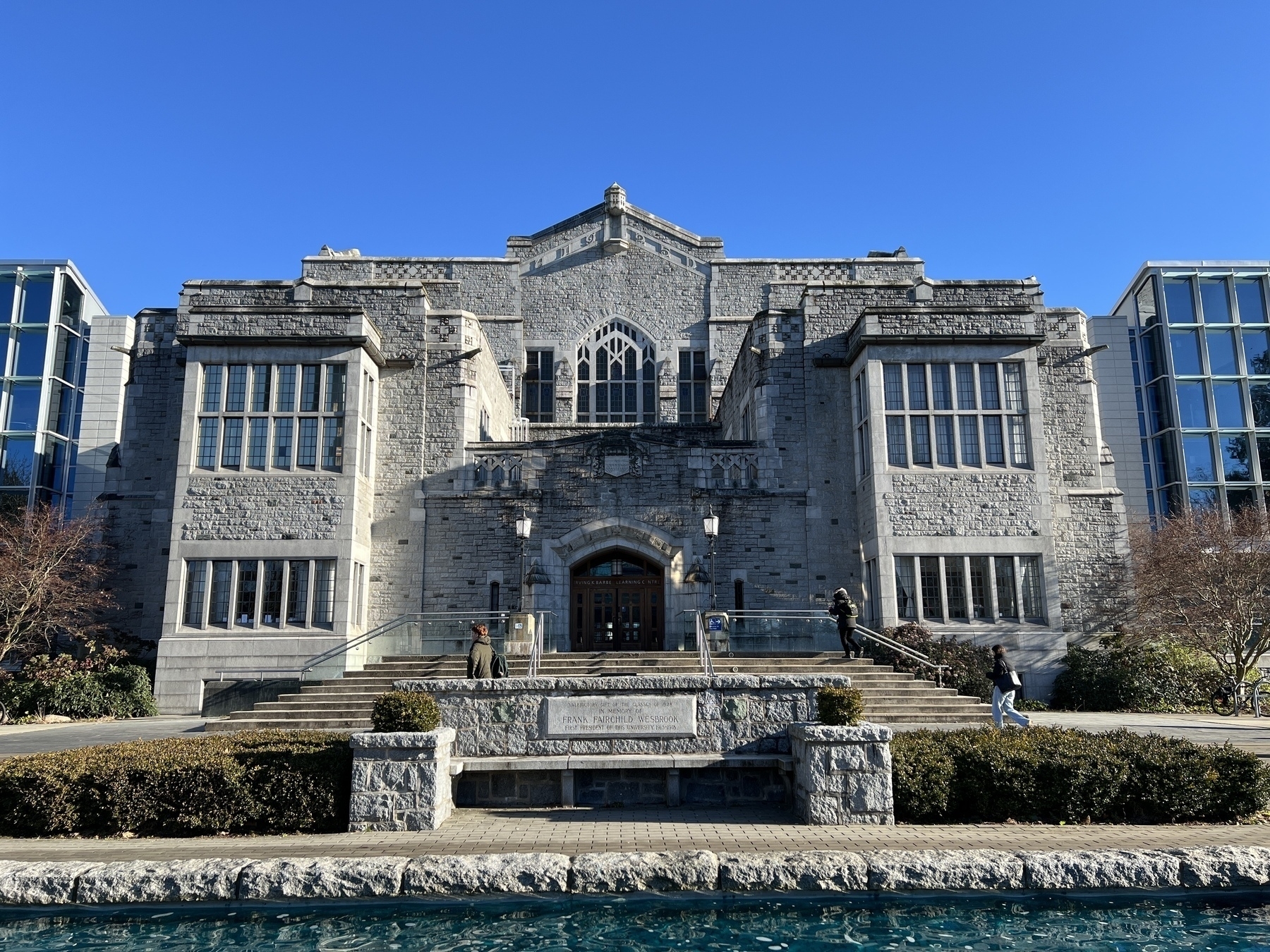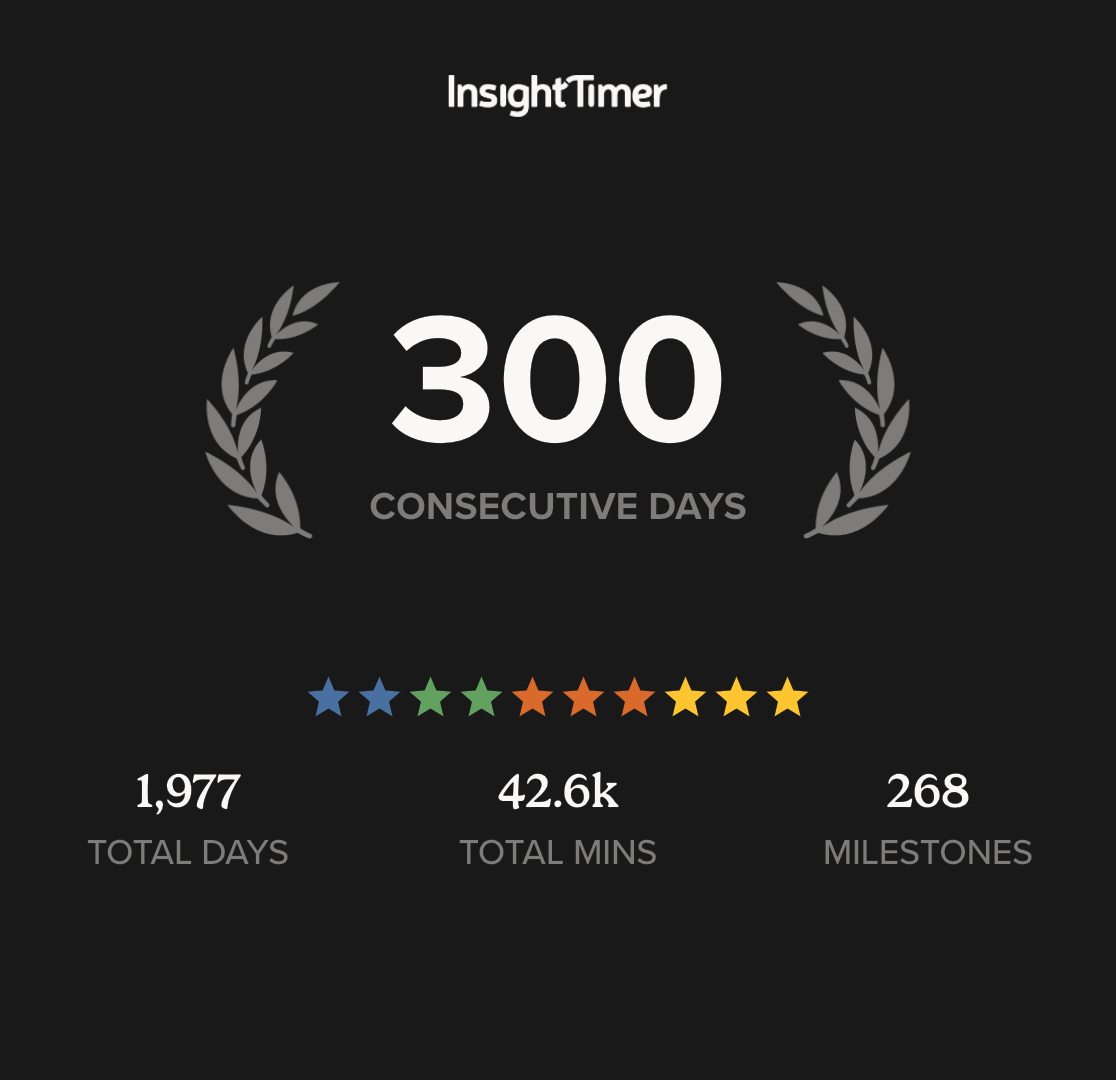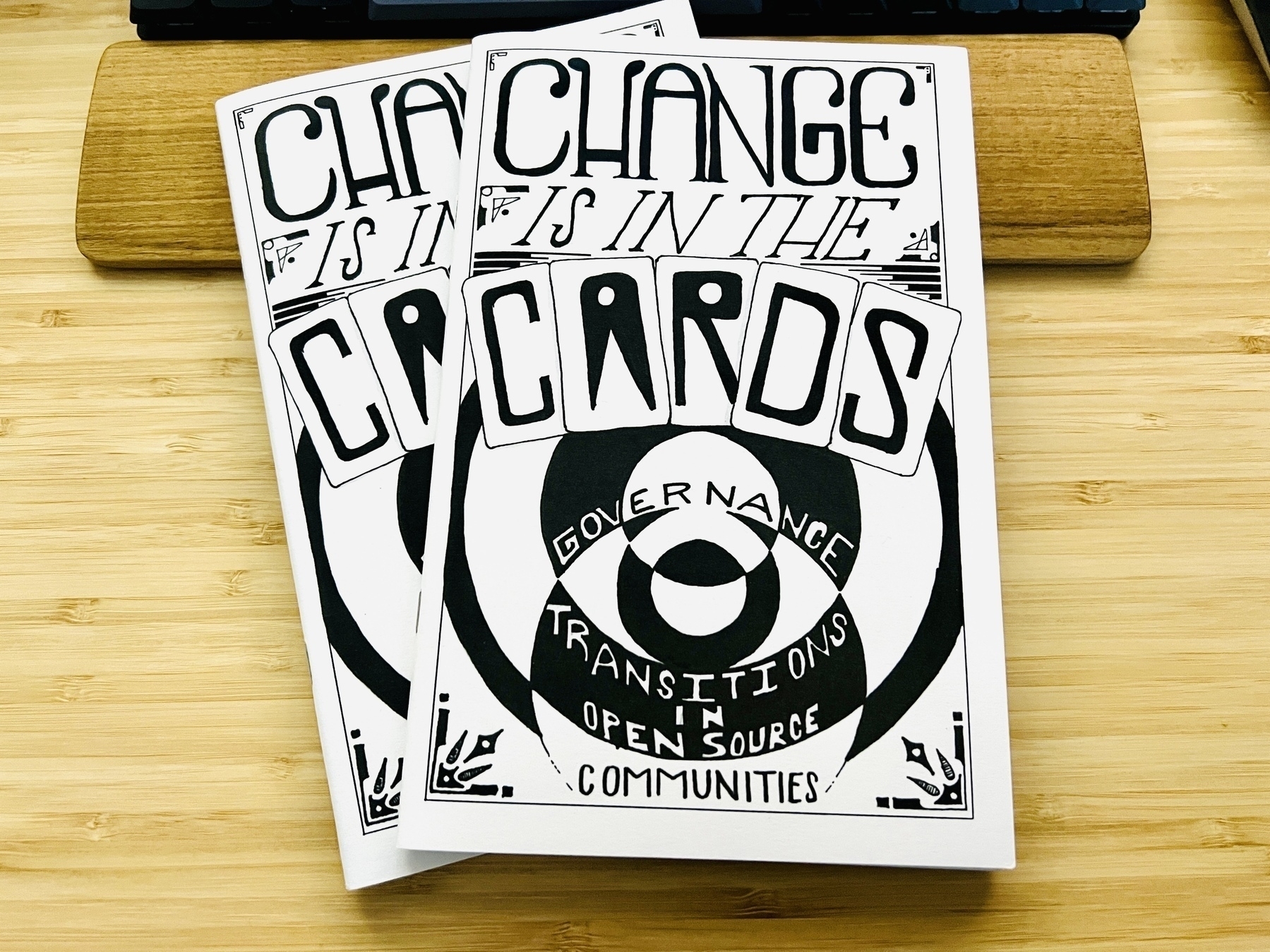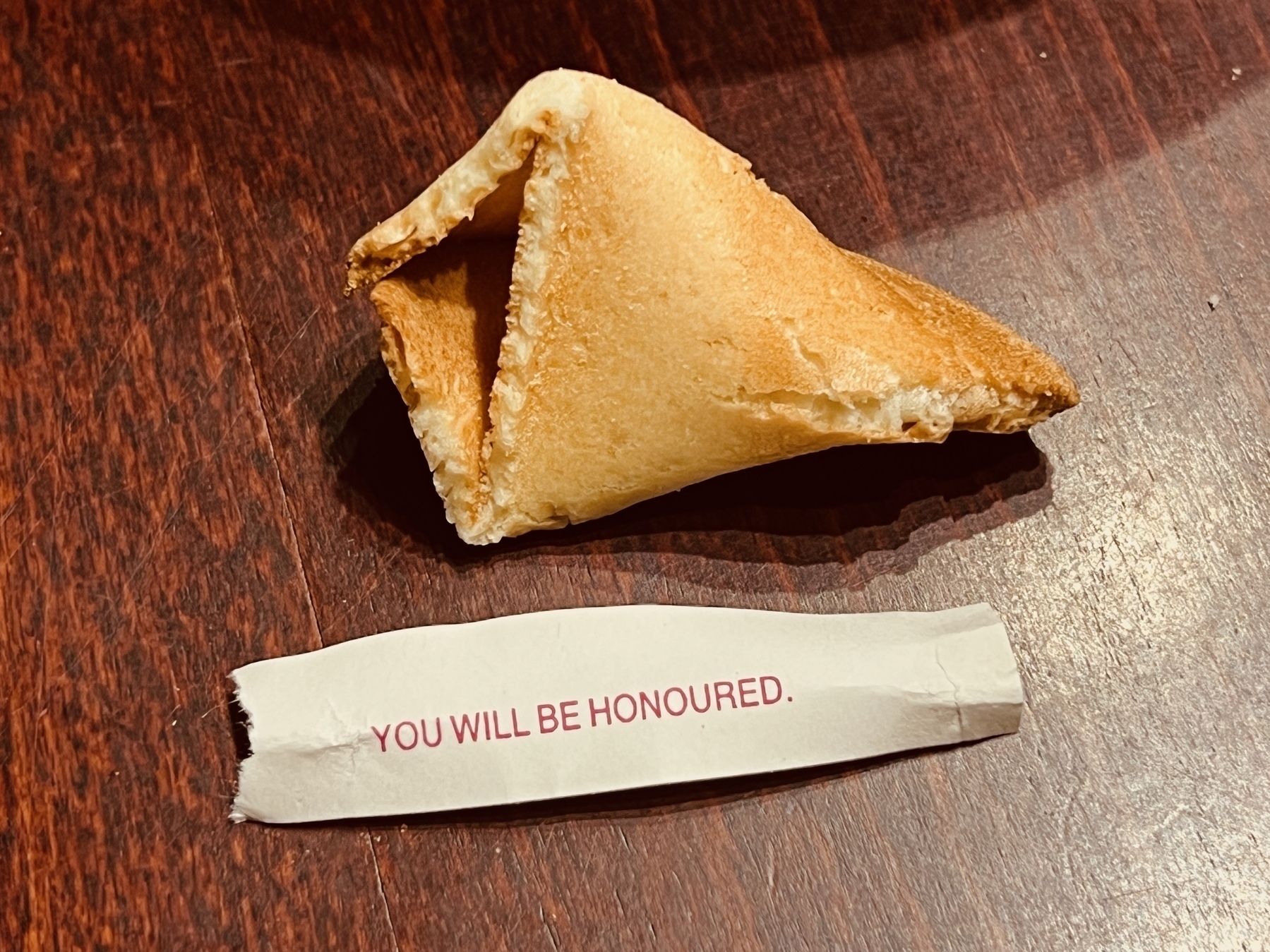Very much enjoyed my time at UBC today. Just caught the sunset on the drive home. The edge of Canada!

Very much enjoyed my time at UBC today. Just caught the sunset on the drive home. The edge of Canada!

Lovely sunny day at the University of British Columbia where I am touring the new Emerging Media Lab. I graduated from UBC in 2001 and things are quite different. I love the energy on campus! This is part of that ✨✌️#VancouverEnergy ✌️⚡️

🗣 “For the tech elite, politics offers what overtapped markets can no longer guarantee: new returns.”
🗣 “Rather than prognosticate, now is the time to prepare our collective response.”
Current status: up past midnight helping daughter study for math final
Oh this looks like some interesting reading from @zelf@sunbeam.city
(h/t @aynish@merveilles.town)
#OpenSource #P2P #LocalFirstSoftware
Not really a milestone, but a good round number 🧘 #meditation

Utopia is on the horizon. I move two steps closer; it moves two steps further away. I walk another ten steps and the horizon runs ten steps further away. As much as I may walk, I’ll never reach it. So what’s the point of utopia? The point is this: to keep walking.
— Eduardo Galeano
#quotes
My lovely wife 💞 flew to Kelowna today for a Kelowna Japanese Language Society event. She sent some pics of the Rockies mountains 🏔️ and Okanagan Lake 🛶 for you all


Okay. Back home. Tucked in. It’s 2:30am. Time to go to sleep finally. 💤
After a weekend of hacking on LoFi software where we talked about EMRs and hospital applications, I now find myself in the ER with a sick child, experiencing our existing system. Everything’s under control, so I sit here and observe.
Welp, it’s been 5 days nursing a feverish teenager. Now it is time to go to the clinic and find out what is actually wrong.
After waiting around all day (9am to 5pm) we now know. Pneumonia.
](https://cdn.uploads.micro.blog/107532/2025/2fd0d7abd9.jpg)
The People vs Anglocentrism: What’s it like to be a non-English speaker in an online world dominated by US tech bros? 🌍
h/t to Dame.Outlaw
Reminds me of 2018 with Cambodian keyboard problems.
Look what arrived! You can download a copy here.
A lotta friends in this mag 🥰 Looking forward to reading.
#opensource #governance

Oh this would have been a very fun thing to attend! I recorded a number of Mongol spots when I lived on Iki.
15yo: What’s the difference between waffles and pancakes? 🥞 🧇
12yo: Waffles are just pancakes with abs. 🥁

Started reading: Long Way to a Small, Angry Planet by Becky Chambers 📚
Already 15% in 🚀
I can’t stop watching her covers! 🎵🔥
Ominous 😳

Osechi day 2 🍶🍱🎍🐍

Over the past couple of months I have had some conversations with a few people about what conferences are worth going to in 2025. I started putting together a list hackmd.io/@chadkoh/…